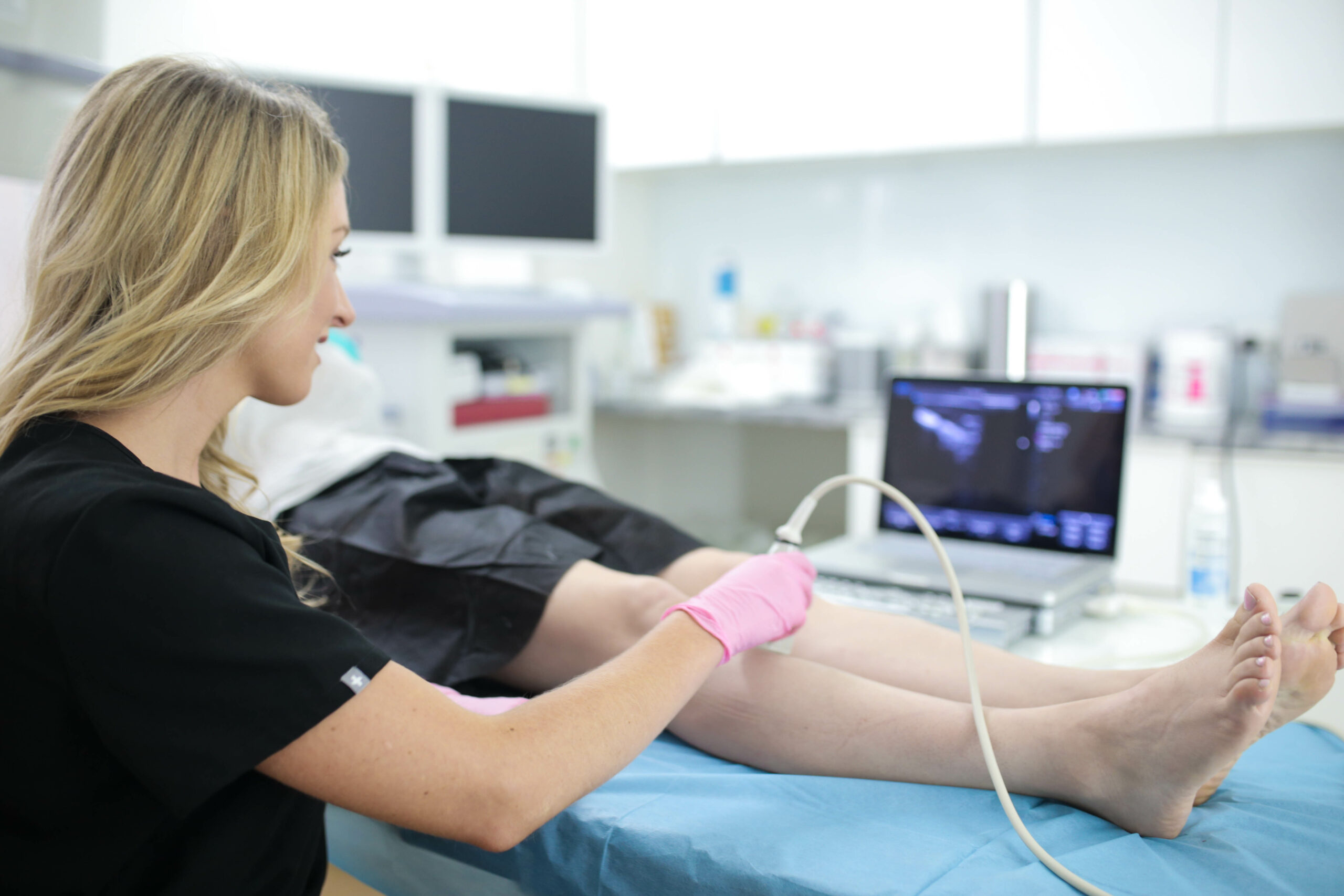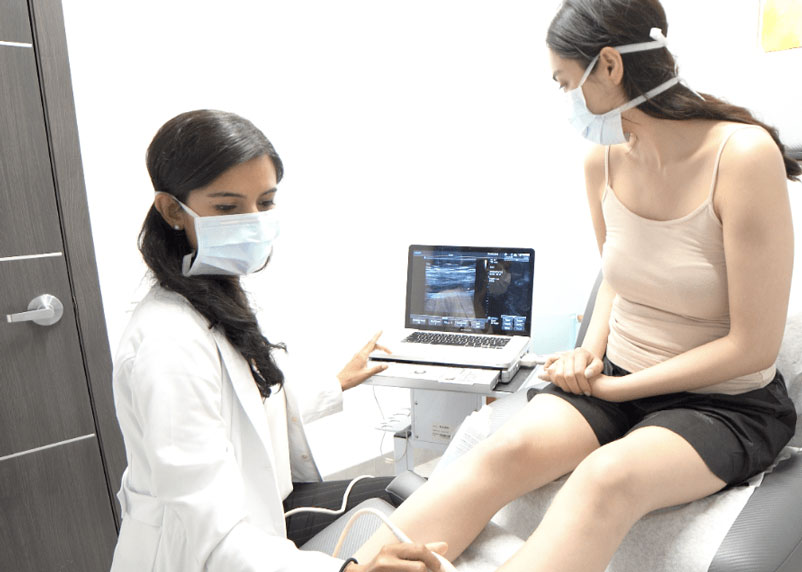If your legs feel heavy, achy, or crampy, and you notice large, bulging veins, you may have varicose veins. These swollen veins can be painful and make your legs feel tired. You may even notice that your skin begins to take on a reddish-blue tint. Varicose veins are a common condition, affecting about one in every three adults. But there’s no need to suffer from this condition. There are several solutions to help you get rid of your varicose veins and get your legs feeling healthy and normal again.

Vein Treatment Clinic is a group of state-of-the-art vein treatment clinics with offices in New York, New Jersey, Long Island, California, and Maryland. Our vein treatment clinic in New York is in Midtown Manhattan, a short walk from the Chrysler Building. If you have spider veins and varicose veins, our board-certified vein doctors perform thorough evaluations to diagnose and treat the root cause of your condition and improve your vascular health. For more information, you may schedule an appointment at your nearest vein treatment clinic.
In this article, we describe the best solutions for varicose veins and spider veins.

#1. Compression Stockings
Compression stockings are one of the most common treatments for varicose veins. They apply pressure to your legs, which helps to keep the veins from bulging. Your doctor will likely recommend that you wear them for most of the day, but you can take them off when you’re sleeping or during other activities.
#2. Cardio Exercise
Exercise is another effective treatment for varicose veins. Walking and other forms of aerobic exercise help to improve blood circulation and reduce the pressure on the veins. This can help to prevent the veins from becoming larger. Exercise also helps to reduce the risk of developing new varicose veins.
#3. Lifestyle Changes
- Increase your activity level: This is one of the best things that you can do to improve your circulation and help your varicose veins. Walking, running, swimming, and other exercises are all great ways to get your blood flowing and improve your vein health.
- Lose weight: If you are overweight, losing even a few pounds can help reduce the pressure on your veins and improve blood circulation.
- Eat a healthy diet: Eating foods that are rich in antioxidants, and other nutrients can help improve your circulation and strengthen your veins.
- Wear loose-fitting clothing: Wearing clothes that are tight around your waist, thighs, or legs can put extra pressure on your veins. Wearing loose-fitting clothing can help reduce this pressure and improve your circulation.
- Stay hydrated: Drinking plenty of fluids helps to keep your blood flowing smoothly and can reduce the risk of blood clots.
- Elevate your legs: This helps to reduce the pressure on the veins and prevents them from becoming enlarged. You can elevate your legs by placing pillows under your knees while sleeping. And if you’re sitting down, you can elevate your legs on a table or use a recliner.
#4. Endovenous Laser Ablation
Endovenous laser ablation is a minimally invasive treatment option for symptomatic varicose veins. It is a safe and effective alternative to surgery. Endovenous laser ablation uses laser energy to heat and seals the veins under local anesthesia in an outpatient setting. Since it destroys the diseased vein, the accumulated blood reroutes into healthier leg veins to restore optimal blood circulation to the heart. It has a lower risk of complications than surgery.
#5. Radiofrequency Ablation
Radiofrequency ablation is a minimally invasive procedure that uses heat to destroy veins. The heat is generated by radio waves and is delivered through a small probe that is inserted into the vein. The probe is heated to a temperature that is high enough to destroy the vein but not high enough to damage the surrounding tissue. Radiofrequency ablation is a safe and effective treatment for vein disease, and it doesn’t require a hospital stay.
#6. VenaSeal
VenaSeal is a new, minimally-invasive treatment for vein disease that is quickly becoming a popular alternative to traditional treatments. VenaSeal works by sealing the affected veins with an adhesive material. This material is injected into the vein using a small catheter. Once the adhesive material is in place, it will seal the vein and allow blood to flow around it instead of through it. VenaSeal is a safe and effective treatment for vein disease.
#7. ClariVein
ClariVein is a minimally invasive procedure that uses a special catheter to deliver medicine directly to your veins. ClariVein is a pain-free procedure that takes less than an hour to complete. During the procedure, your doctor will insert a small catheter into your vein. Then, they will use ultrasound to guide the catheter to the affected area. Once the catheter is in place, your doctor will deliver the medicine through the catheter and into your vein. The medicine then closes the vein and restores proper blood flow.
#8. Ambulatory Phlebectomy
Ambulatory phlebectomy is a minimally-invasive outpatient procedure that removes large, bulging veins from the legs through tiny incisions. During ambulatory phlebectomy, your surgeon makes a small incision in your skin and inserts a special hook called a phlebectomy hook. They will then use the hook to grab and pull the varicose veins out through the incision. After your varicose veins are removed, the incisions are closed with sutures.








